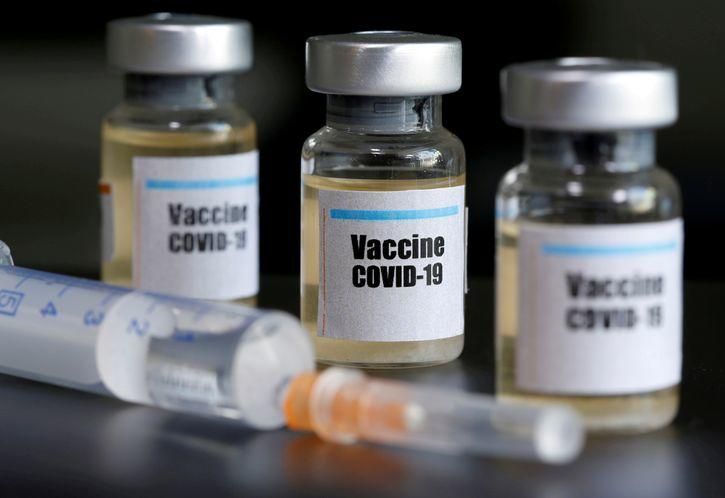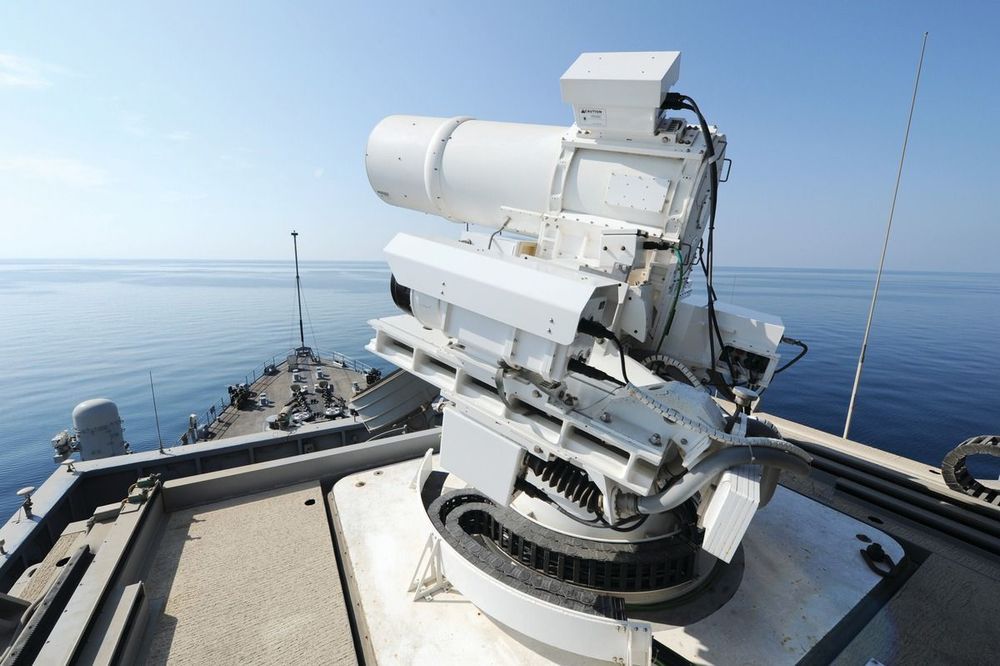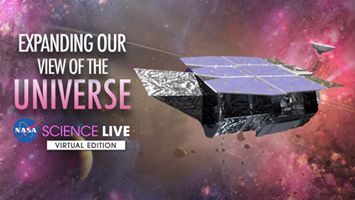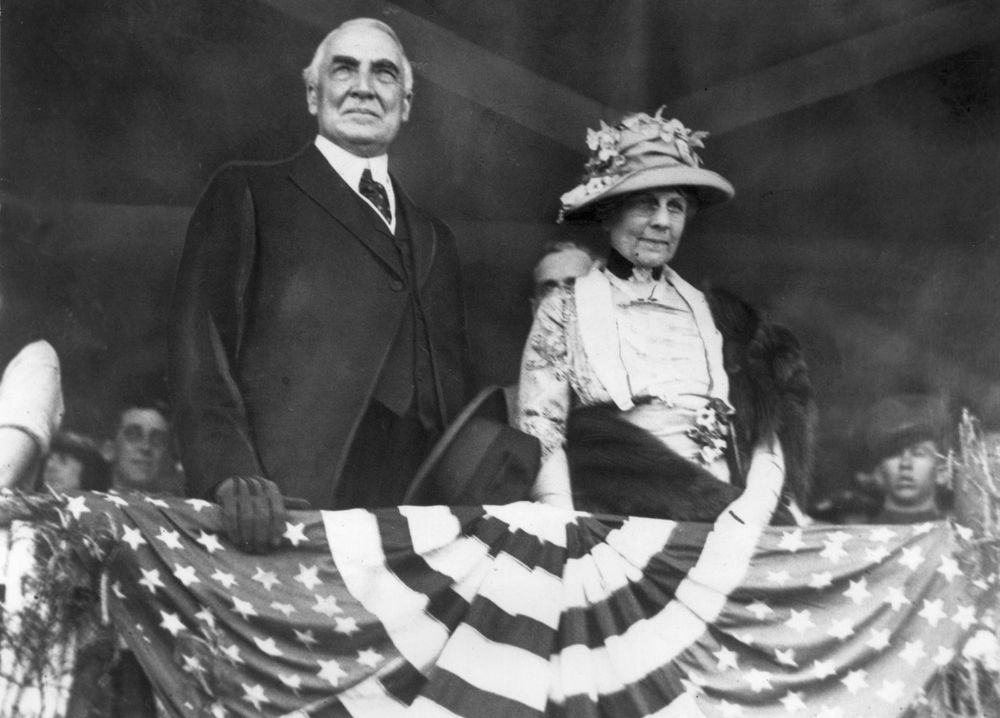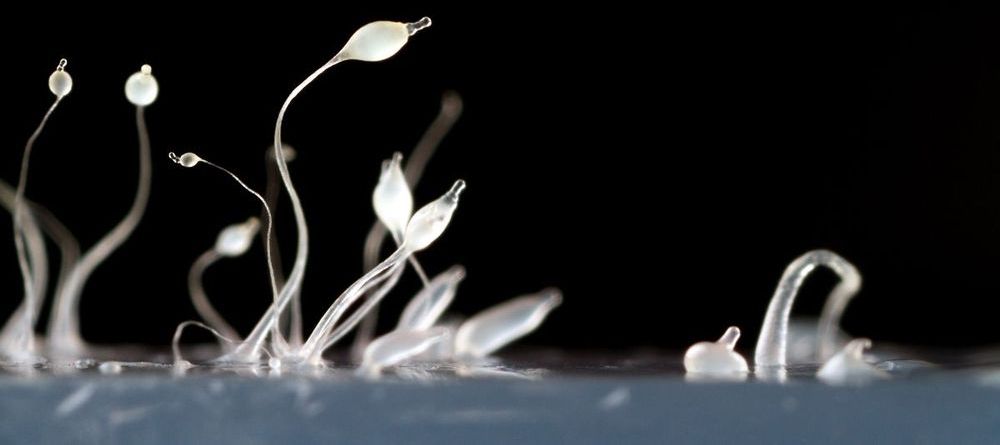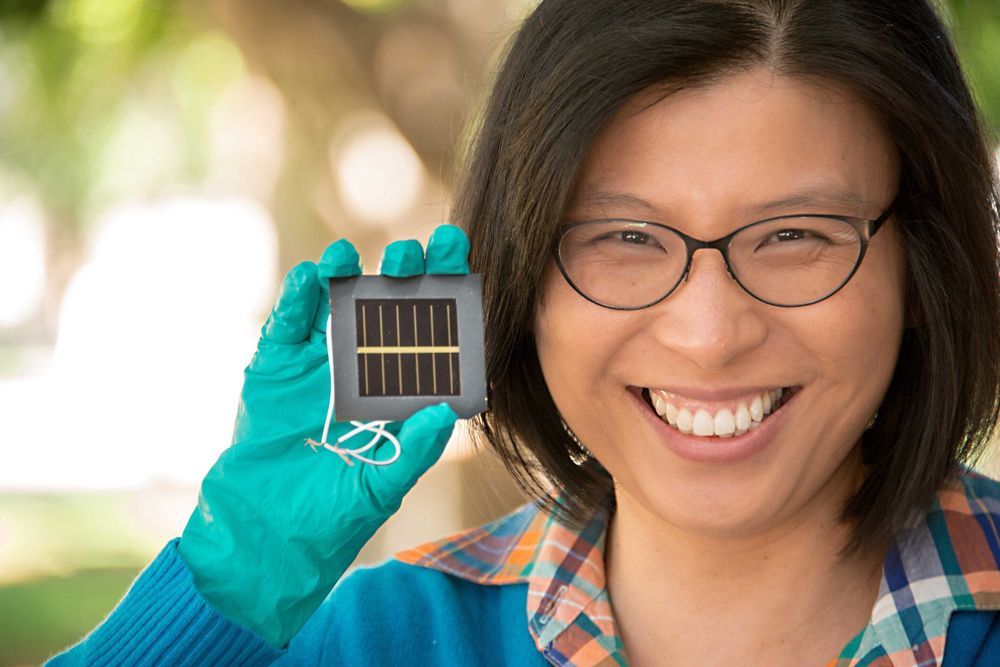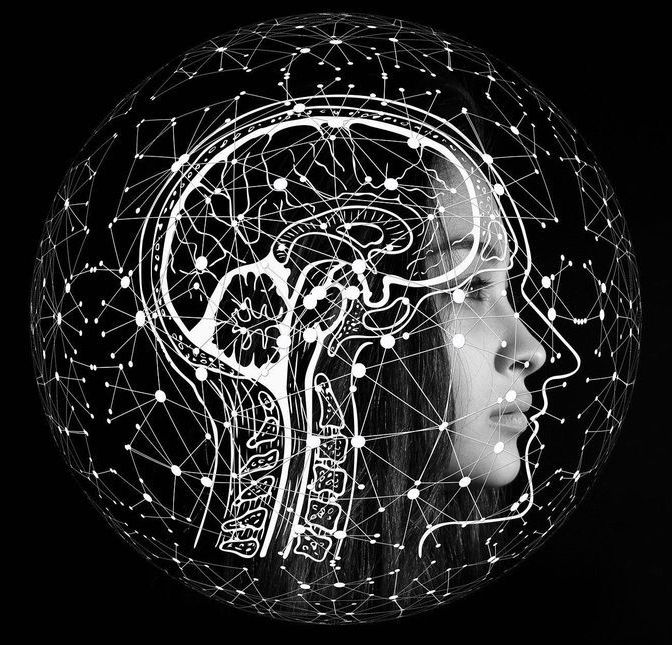
A study published in Current Biology reports on one of the first comprehensive characterizations of poorly formed memories, and may offer a framework to explore different therapeutic approaches to fear, memory and anxiety disorders. It may also have implications for accuracy of some witness testimony.
Senior author Professor Bryce Vissel, from the UTS Centre for Neuroscience & Regenerative Medicine, said his team used novel behavioral, molecular and computational techniques to investigate memories that have not been well-formed, and how the brain deals with them. “For memories to be useful, they have to have been well-formed during an event—that is, they have to accurately reflect what actually happened.
”However, in the real world many memories are likely to be inaccurate—especially in situations where the experience was brief, sudden or highly emotional, as can often occur during trauma. Inaccurate memories can also occur when the memory is poorly encoded, potentially as a result of subtle differences in how each person processes memory or because of disease like Alzheimer’s or dementia.”
